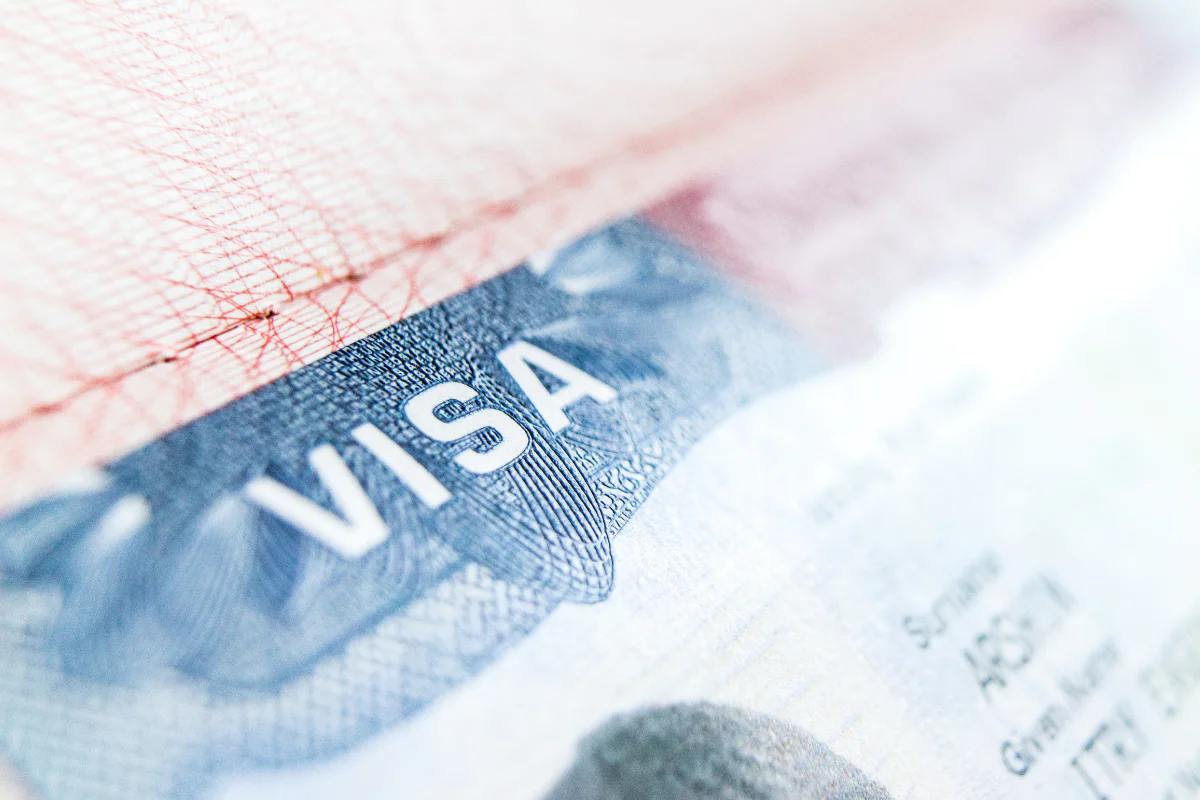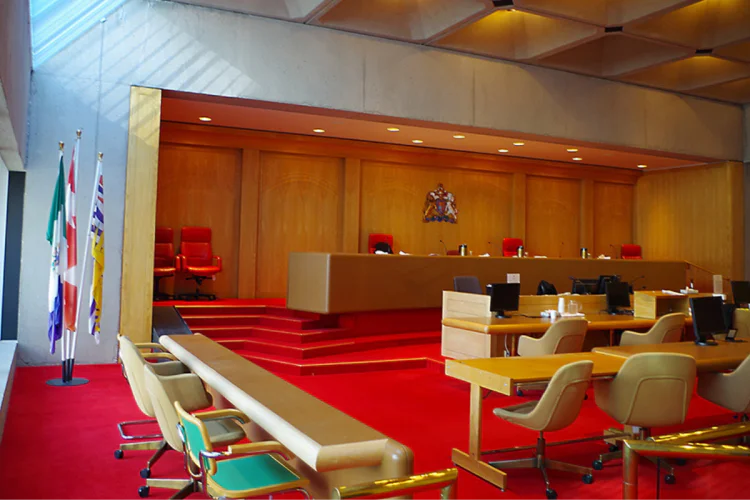New U.S. visa integrity fee means higher entry cost for non-immigrant visa holders

Republican lawmakers have pushed for the passage of a new bill, commonly referred to as the One Big Beautiful Bill Act, through Congress which increases I-94 fees and introduces new fees for some travellers.
I-94 Fee Increase:
It is anticipated that fees for issuance of an I-94 record, otherwise known as the Arrival-Departure Record, increased under the Act from US$6 to US$24. Canadians travelling to the U.S. on business or for work may now be required to pay the fee for the record to be created.
Visa Integrity Fee:
On July 4, Congress signed the Act into law, which contains a new US$250 “visa integrity fee” (VIF) that will start to be charged to all visitors to the U.S. who are issued a non-immigrant visa.
While the specific date of implementation of the VIF is still unknown at this time, the details available so far regarding the upcoming VIF are:
Amount
The amount of the VIF will be $250 US, or a higher amount that the Secretary of Homeland Security may later establish. The amount will be adjusted annually for inflation.
Who needs to pay
The VIF will be charged to all visitors to the US who are issued a non-immigrant visa. This includes student visas, work visas and other special visas such as F-1 and F2 student visas, J-1 and J-2 exchange visas, and H1-B and H-4 temporary work visas. The VIF is to be charged at the time of visa issuance. As such, this will not impact Canadian travellers.
Exemptions for some travellers
Canadians are exempt from this requirement. The VIF does not apply to visitors who do not require a non-immigrant visa to enter the US (e.g. Canadian travellers on holiday). As a result, most visitors from Canada and Bermuda, as well as countries listed on the Visa Waiver Program, are exempt from the VIF due to their exemption status in relation to non-immigrant visas. However, such visitors may become visa-required by virtue of their specific purposes of travel, in which case the VIF would become applicable.
Availability of reimbursement
After the particular non-immigrant visa associated with the VIF has expired, the VIF may be reimbursed if the visitor has complied with all visa conditions of their entry into the U.S., and one of the following conditions is met:
- The visitor has not sought an extension of their stay in the U.S. during the period of validity of their non-immigrant visa and departed the U.S. no later than five days after the last day of the visa
- The visitor, during their stay in the U.S. pursuant to the non-immigrant visa, obtained either an extension to their non-immigrant status or permanent resident status
As details on the implementation of the VIF are still to be announced, employers should stay informed of new developments in order to assess how their cross-border activities may be affected.
For further information on this announcement and other immigration-related issues, contact a member of MLT Aikins Immigration team today.
Note: This article is of a general nature only and is not exhaustive of all possible legal rights or remedies. In addition, laws may change over time and should be interpreted only in the context of particular circumstances such that these materials are not intended to be relied upon or taken as legal advice or opinion. Readers should consult a legal professional for specific advice in any particular situation.





